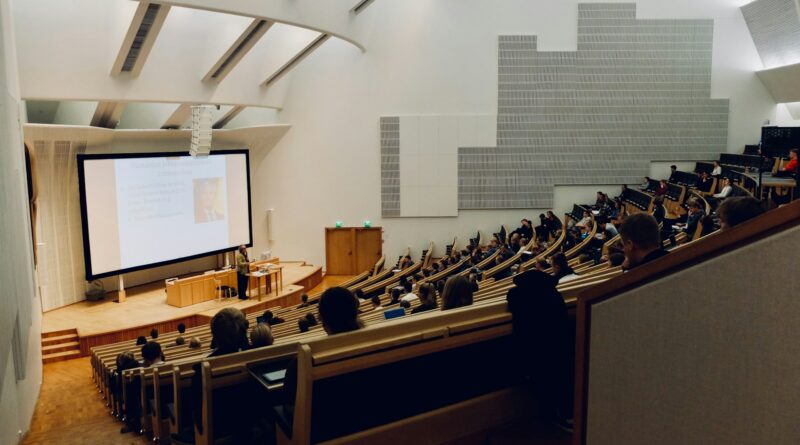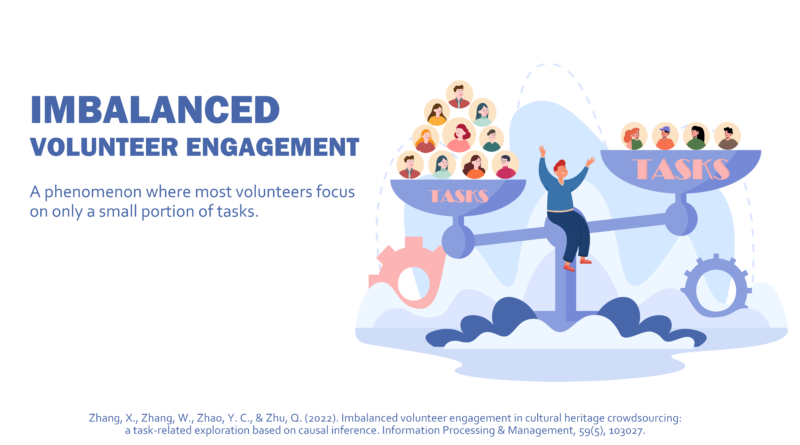Empowering Global Engagement through Research and Teaching
How might we understand the way in which research and education can be used as a positive force in bringing the world closer together? This difficult question is one that those of us within digital humanities at University College London want to address. Looking at our institutional history can help to clarify this. The history of digital humanities is gaining attention, with an increasing focus on understanding its development and recognising its role of addressing diversity, gender, race, and linguistic backgrounds in knowledge production, and promoting inclusive representation.
Read More







